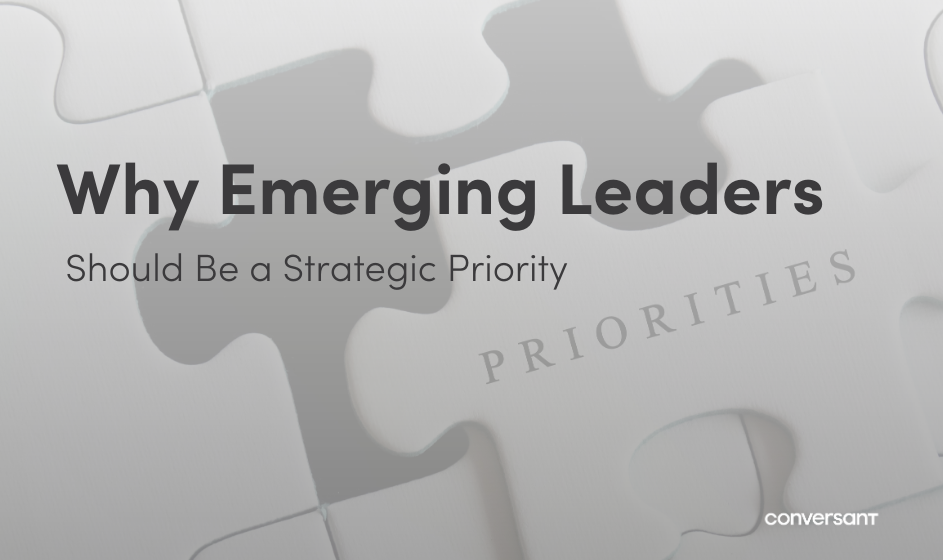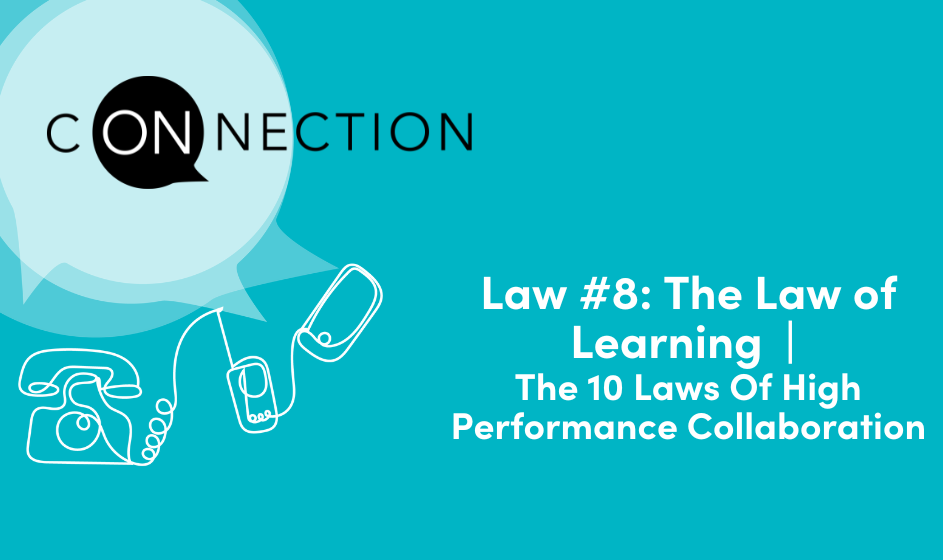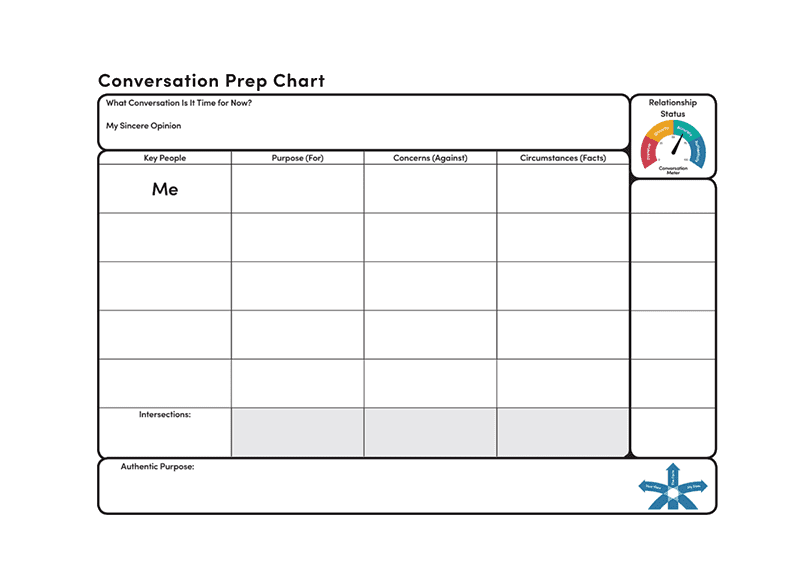In 2024, approximately half the world’s population will be impacted by some form of a national election, according to Time Magazine. Since the beginning of this year, citizens in every corner of the globe have been contending with how election outcomes will impact their personal finances, access to healthcare and housing, equitable representation, mobility across national and international borders and basic human rights. These elections promise significant global policy and economic impact and are being watched by academics, economists, and lawmakers around the world. Considering that this year is already of the most culturally dynamic, and politically charged on record, organizations are also wise to consider how these changes impact the lives of employees beyond the walls of work.
We live in a world in where people continue to carry their convictions and concerns with them into the workplace. We do not naturally compartmentalize who we are and what we think. Who we are anywhere is who we are everywhere, which means that the things that worry us outside of work, are also with us as we work each day. And while there is little that organizations can do to manage the global changes that are taking place, organizational leaders can take care to support how those changes might impact their employees. One of the ways leaders can demonstrate an awareness of these impacts is to consider how internal organizational changes compound what is already on the hearts and minds of those who work with them.
At Conversant, we assert that leadership, connected leadership depends on our ability to ‘care longer.’ What that means in the context of a complex and challenging world is that when initiating or implementing change, leaders have a responsibility to double down on creating the conditions for belonging inside of organizations. When change happens, employees want to know they aren’t being left behind, that those with the power to impact or influence their lived experience are taking into account what matters most to them, what scares them. Employees want to know that their humanity inside of organizations is being witnessed in a practical way. When that happens, despite the complexity of the ‘outside world,’ we are able to experience community, to give our very best contribution at work, and experience the dignity of choosing how we show up. A felt sense of belonging is what creates the necessary counterbalance to experiencing unexpected change. And creating the conditions for belonging is an active inclusive leadership behavior, and an inclusive organizational practice – both of which require our intellectual, emotional and practical presence to one another.
The inevitability of change and the need to belong are both truths of the human experience that must be held in balance. They form a paradox of sorts, neither is expendable when also considered in the context of our organizations. Change, when executed without respect to impact is cruelty. Belonging, when experienced without inclusion creates factions and silos. Both can lead to feelings of isolation, burnout. The antidote to those experiences lives in our ability to be present, to navigate our organizations as a network of relationships, and the conversations that construct them. Our connection to one another, and to shared purpose depends on our ability to listen to learn, and not to protect. Instead of assuming, try empathy. In place of judgement, offer curiosity. To care longer is to appreciate the complexity of employees’ lives long before the workday starts and long after we log off for the day.
There is a quote we use to ground our inclusive leadership practice at Conversant, from activist Lilla Watson –
“If you have come here to help me you are wasting your time, but if you have come because your liberation is bound up with mine, then let us work together.”
This thinking, this commitment to seeing each other as one and another, instead of as the other is foundational to all work inside of organizations, and inside of cultures and societies. Our ability to move past disagreement to alignment hinges on our ability to believe that somewhere between ‘my view’ and ‘your view’, and the realities of what any situation demands of us, is a place we can stand together. The pursuit of this intersection, even one as tiny as a nanoparticle becomes our shared field of play. This intersection is the place in which we develop our capacity to care longer.



